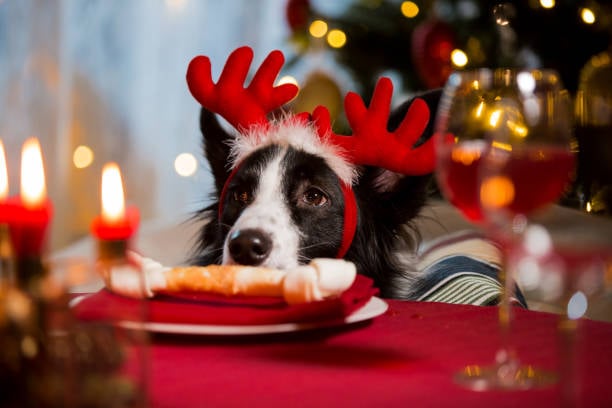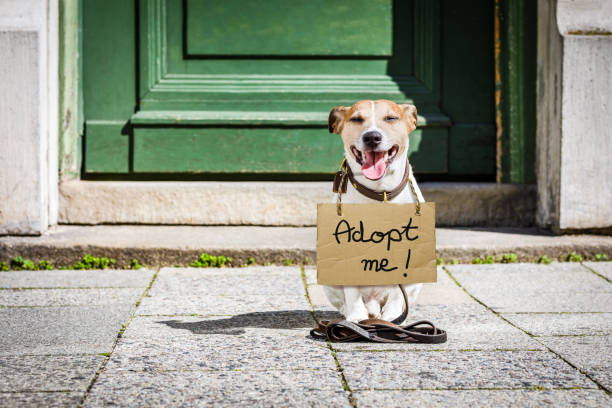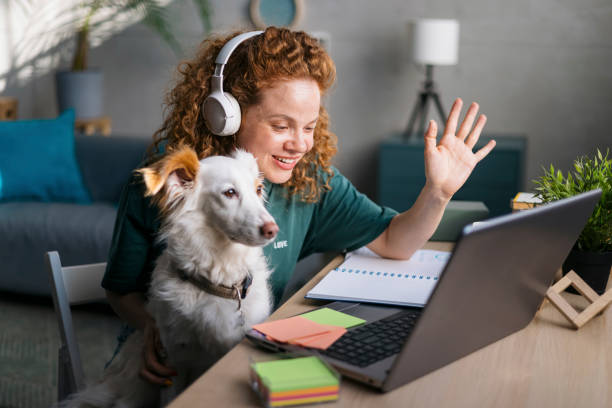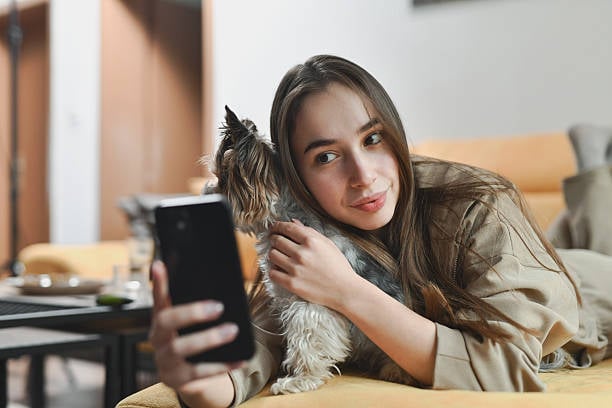As the holiday season approaches, our homes are filled with delicious smells and tables laden with festive foods. While it's tempting to share these treats with our furry companions, it’s crucial to know what is safe and what can be harmful to them. This blog post will guide you through the dos and don'ts of feeding holiday foods to your pets.
Do: Stick to Pet-Safe Treats
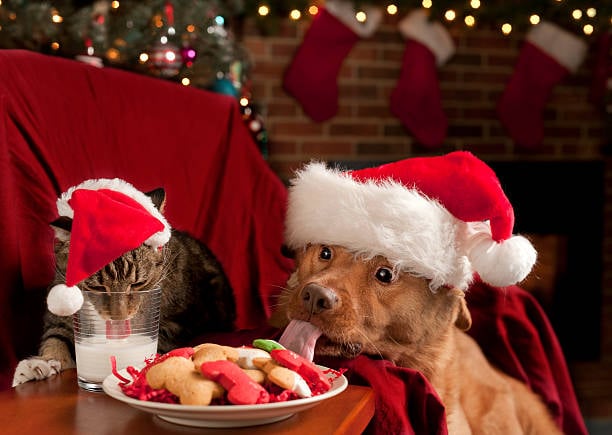
- Plain, Cooked Turkey: Small amounts of lean, well-cooked turkey can be a great treat for your pet. Ensure it’s free of bones and excess fat.
- Pumpkin: Pure pumpkin (not pumpkin pie filling) is a healthy choice for dogs and cats, aiding in digestion.
- Green Beans: Plain, cooked green beans are a nutritious snack for your pet.
- Carrots: Raw or cooked, carrots are a healthy treat for dogs, helping to keep their teeth clean and providing essential vitamins.
Don't: Share Harmful Foods
- Onions and Garlic: These can cause gastrointestinal irritation and lead to red blood cell damage in pets.
- Chocolate and Sweets: Chocolate is toxic to both dogs and cats, and sweets can lead to obesity and dental problems.
- Grapes and Raisins: Even small amounts can cause kidney failure in dogs.
- Alcohol: Never give your pets alcohol as it can cause severe health problems, including coma and death.
Do: Monitor Portion Sizes
Even safe foods should be given in moderation. Overfeeding can lead to weight gain and upset stomachs. Treats should not make up more than 10% of your pet’s daily caloric intake.
Don't: Forget About Individual Dietary Needs
Consider any special dietary requirements your pet may have. Older pets, animals with chronic health issues, and those on specific diets might need to steer clear of even the safest holiday foods.
Do: Provide a Safe Space
The hustle and bustle of the holidays can be overwhelming for pets. Make sure they have a quiet, comfortable place to retreat to if the festivities become too much.
Don't: Overlook Signs of Distress
Keep an eye out for signs of food-related illnesses like vomiting, diarrhea, lethargy, and changes in appetite or behavior. Contact your vet immediately if you notice any concerning symptoms.
Sharing the joy of the holidays with your pets can be wonderful, but it's vital to do so safely. By understanding the dos and don'ts of feeding your pets holiday foods, you ensure they enjoy the festive season healthily and happily. Remember, when in doubt, it’s always better to err on the side of caution and stick to their regular diet.
Happy Holidays! 🎄🐾
Subscribe to the Gingr Blog


